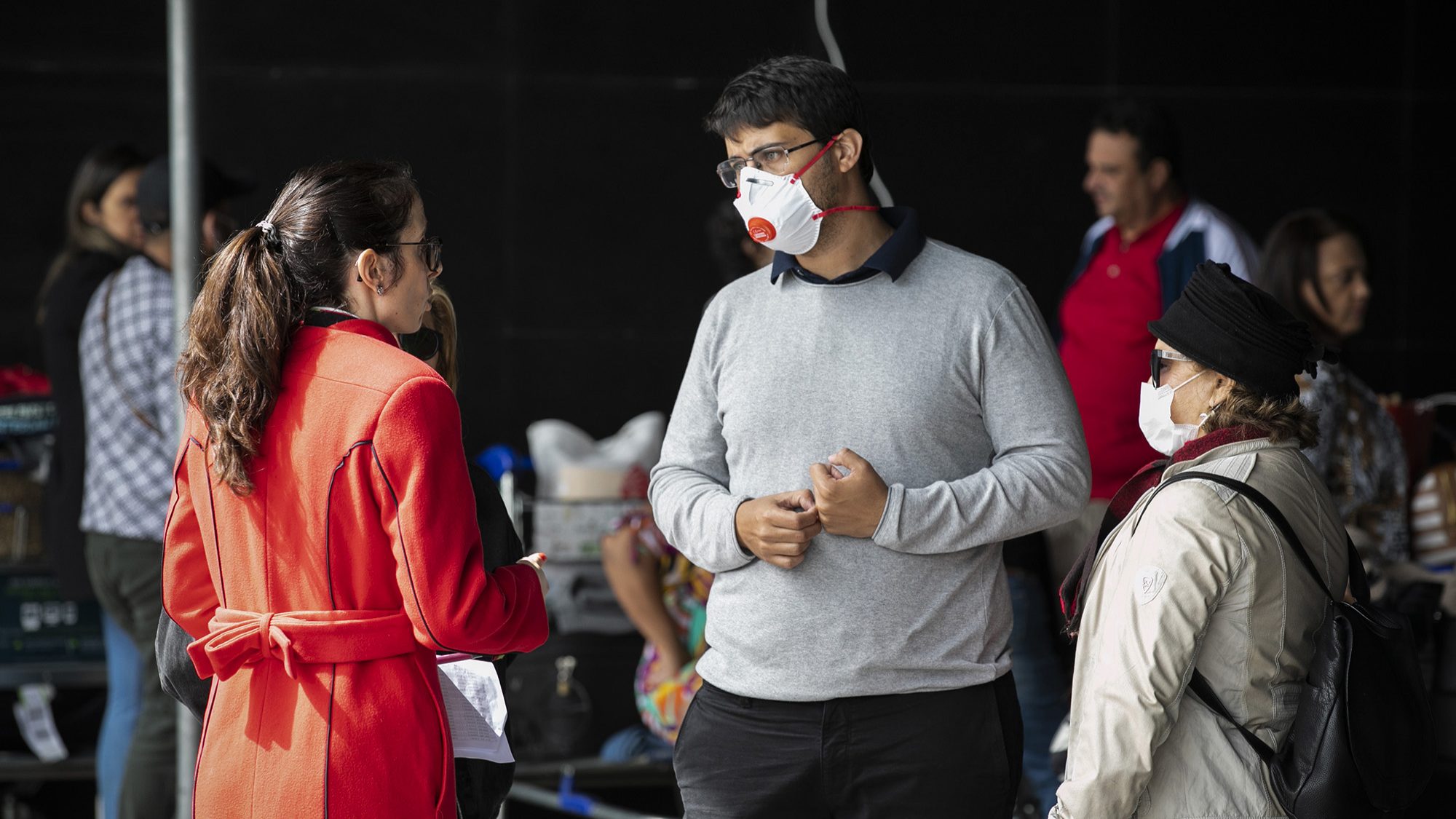Mass consumer market grows in value almost 12% in H1
According to a report by Kantar for Centromarca, the mass consumer market in Portugal grew in value by almost 12% in the first half of the year.
The mass consumer market in Portugal, which includes food, beverages, personal and home hygiene, grew in value by almost 12% in the first half of the year, compared to 2019, according to a report by Kantar for Centromarca (the association representing companies with brand labels) on Tuesday.
“In the first six months of the year, the Fast Moving Consumer Goods (FMCG) market, which includes food, beverages, personal hygiene and home care, grew by 11.8% in value compared to the same period in 2019,” Kantar reported.
According to the report, if each household made 64.6 visits to stores during the first half of 2019 to buy FMCG products, in the first six months of 2020, there were four fewer visits per household, a decrease offset by a 14% increase in the volume acquired in each purchase, as well as an 18.7% increase in the amount spent.
“In the first six months of this year, there were 15 million fewer purchase occasions in FMCG compared to the same period last year. The study shows a reduction in the number of visits to stores and a shorter duration of each of these shopping visits, but also the resistance of food, drinks and hygiene products which are showing some growth,” said Marta Santos, the manufacturer’s sector director.
In turn, consumption outside the home has registered a gradual return associated with the progressive deconfinement, with the growth of snacking and the consumption of indulgent products such as ice cream and some alcoholic beverages.
During the confinement, average prices stabilised and sales growth in volume and value was far more relevant for own brand labels than for manufacturer’s brands.
As she explained, the first months of the Covid-19 pandemic did not see an increase in prices, but a reduction in the number of promotions for the less sold products in the most constrained phase.
As for the places of purchase, the hyper and supermarkets lose some ground to discounts and traditional commerce.
On the other hand, FMCG’s online sales increased by about 50%, representing 3.2% of total sales at the end of the semester.
“The dynamics of the online channel is one of the most important aspects of this semester and the consumer behaviour associated with the pandemic, and it is expected that growth will continue in the short/medium term. It is also interesting to evaluate how the retail ‘performance’ shows ups and downs, and to verify that some operators show strong difficulties in this period, while others show a winning trajectory in the recent months,” said the general director of Centromarca, Pedro Pimentel.
Consumers have also said that they intend to increase purchases in local products, resort to establishments closer to home, reduce the time spent inside stores and replace, whenever possible, physical purchases with online ones.
This report was based on the Kantar household panel, with a sample of 4,000 participating households, representative of mainland Portugal.


